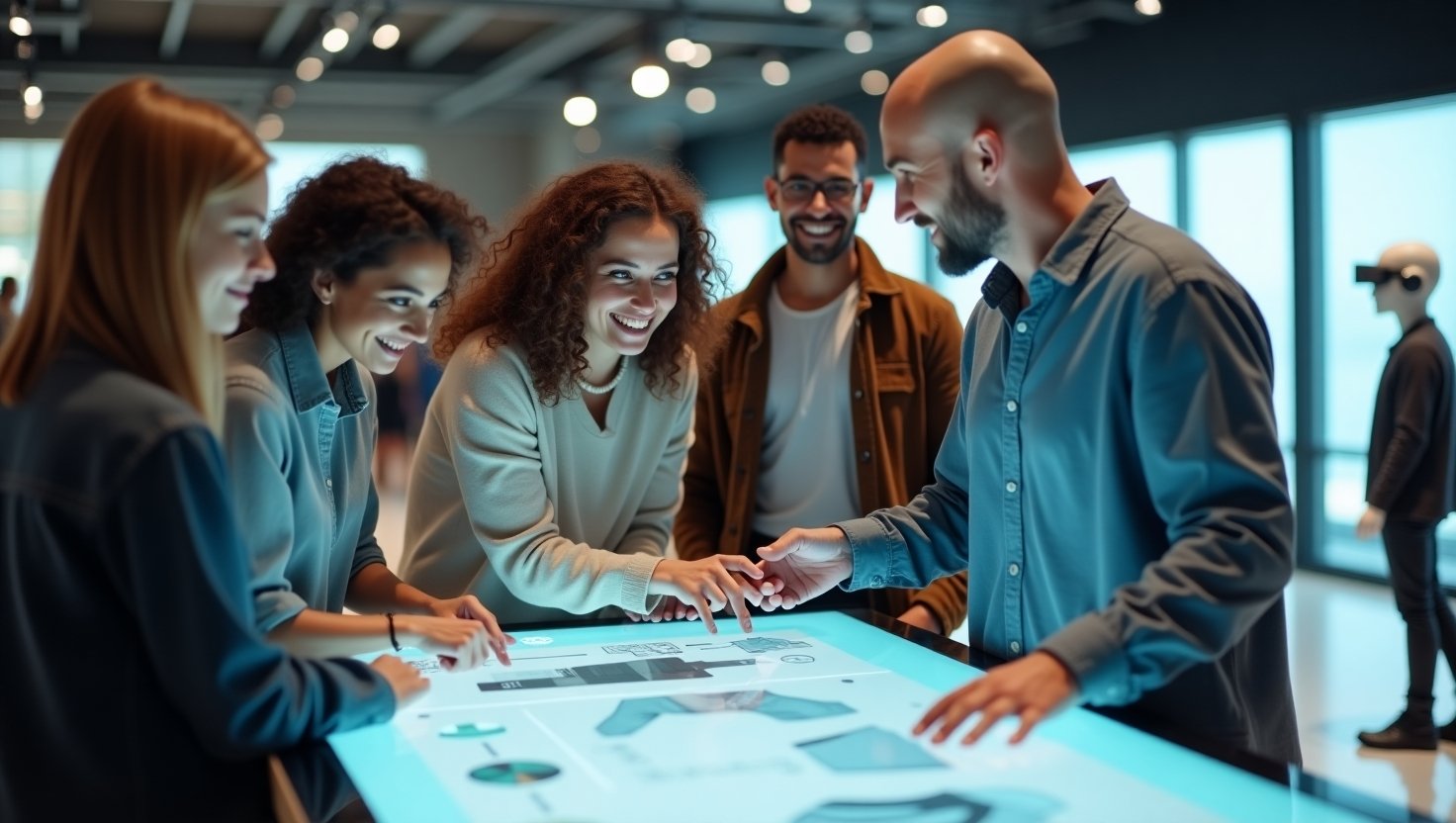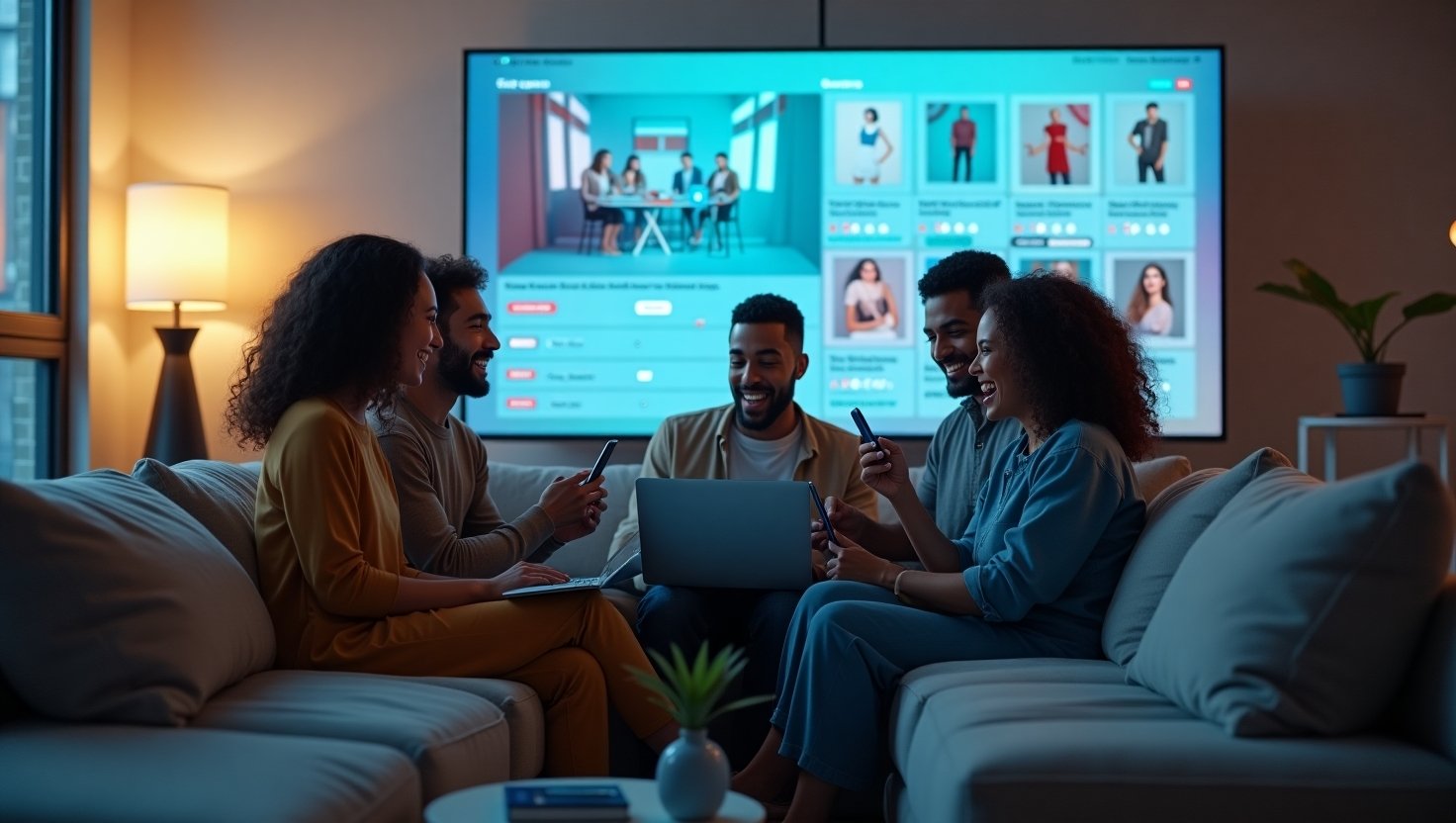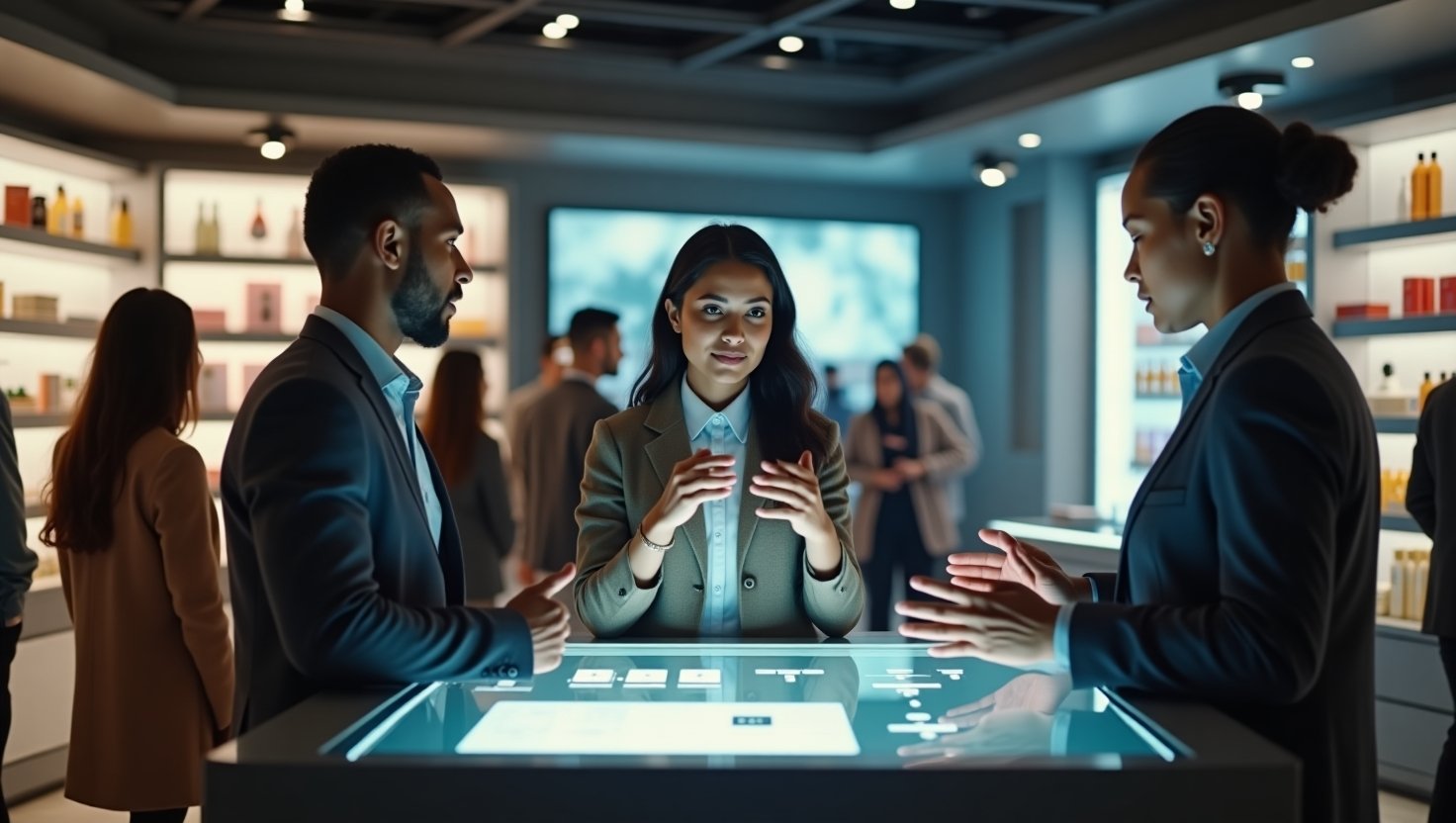AI in Retail Evolution: Navigating New Consumer Habits with Technology
As retail continues its transformation in the digital age, the integration of Artificial Intelligence (AI) is revolutionizing how we engage with brands, unlocking new experiences and efficiencies. This shift isn’t just altering the landscape—it’s reshaping the very fabric of consumer habits. In this article, we explore the evolution of AI in Retail, how it’s influencing new consumer habits, and the role of influencers in shaping our choices.
The AI Revolution in Retail
The integration of AI into the retail sector could be likened to a thrilling novel where each chapter reveals exciting new possibilities. Retail giants like Walmart and Dollar General are leading the way, using AI to not only enhance customer experiences but also streamline operations.
Walmart recently launched several AI-powered shopping tools aimed at enhancing both in-store and online experiences. These tools aren’t just about finding products; they’re about improving the entire shopping journey by personalizing it and making it more efficient. Customers using Walmart’s app, for example, tend to spend 25% more because they find what they need more easily and get tailored recommendations (Retail Dive).
Similarly, Dollar General’s appointment of Travis Nixon as the Senior Vice President of Artificial Intelligence Optimization signifies a strong commitment to digital transformation. By leveraging AI across supply chain, store operations, and merchandising, they’re not only optimizing their business processes but also enhancing customer satisfaction (Retail Dive).
Influencing Retail Trends: The Power of AI and Influencers
In the modern retail environment, AI and influencers are like the dynamic duo of a buddy cop movie, each playing an essential role in steering consumer behavior. The collaborative power of AI and influencers provides brands with the nuanced insights needed to cater to ever-evolving consumer demands.
A podcast by Simon-Kucher highlights how influencers significantly impact retail trends by shaping consumer perceptions and preferences. By analyzing data and trends, retailers can adapt more swiftly to meet these changing expectations (Retail Dive).
Influencers serve as cultural barometers, often compelling audiences to explore new products and trends. Coupled with AI, retailers can dissect these trends down to the nuances, tailoring experiences that resonate with target audiences on a personal level.
Future Implications and Forecasts for Retail
Looking to the future, the synergy of AI with retail promises profound implications. Imagine walking into a store where a virtual assistant knows your preferences so well, it suggests a product you didn’t know you needed—much like having a personal shopper who’s known you your whole life but with the processing power of a supercomputer.
Key Forecasts:
– Enhanced Personalization: Retail experiences will become increasingly personalized, not just at an aggregate level, but targeting individual consumers with precise, data-driven insights.
– Operational Efficiency: Retailers who invest in AI will see improved efficiencies in supply chain and customer management, reducing costs and increasing satisfaction.
– Trend Prediction: AI, combined with influencer insights, will allow retailers to predict trends and consumer demands more accurately, staying ahead of the competition.
In closing, the AI in Retail Evolution is not just a transformation; it is a revolution reshaping consumer interaction on a fundamental level. The blending of AI tools with the cultural influence of trendsetters offers a unique opportunity for retailers to understand and anticipate consumer needs with unparalleled accuracy. As we move forward, embracing these technologies will be key to thriving in an ever-more competitive market landscape.
For more insights on how AI and influencers are shaping the retail landscape, check out the Simon-Kucher podcast, which provides data-backed strategies for navigating these exciting changes.










